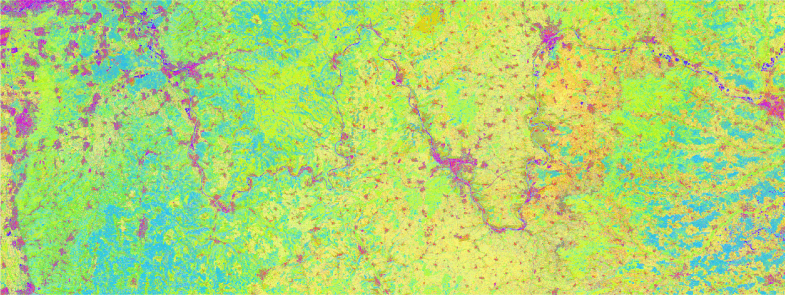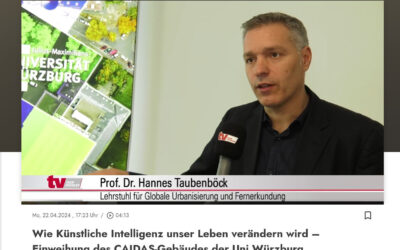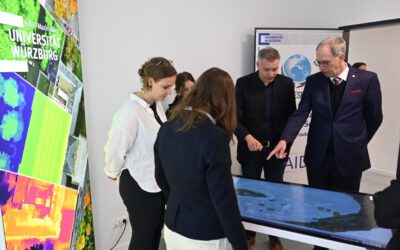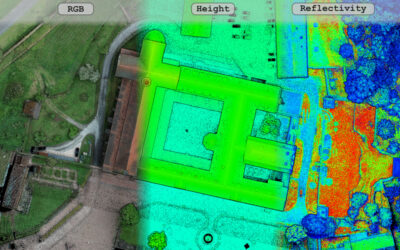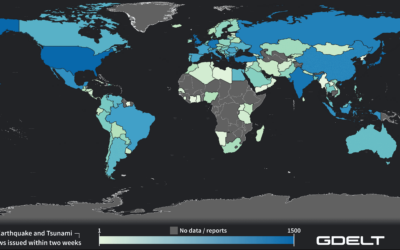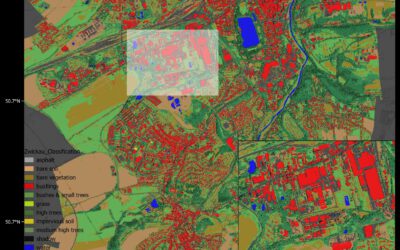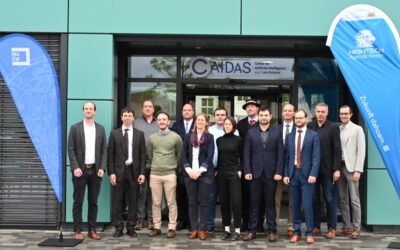Our publication lead by Sandra Luque just got published in MEE on “Improving biodiversity monitoring using satellite remote sensing to provide solutions towards the 2020 conservation targets”. From the abstract: “The preservation of biodiversity has become a major challenge for sustainable development at national, European (Natura 2000 and Habitats Directive) and international levels (Convention on Biological Diversity, 2011–2020). To address the current conservation needs, there is a need to operationalise methods to assess the distribution of natural resources while integrating information on habitat condition; inform conservation planning and support the assessment of ecosystem services. Increased access to satellite imagery and new developments in data analyses can support progress towards biodiversity conservation targets by stepping up monitoring processes at various spatial and temporal scales. Satellite imagery is indeed increasingly being made accessible to all, while analytical techniques to capitalise on the information contained in spatially explicit species data, such as Global Biodiversity Information Facility (GBIF), are constantly developing, and offering a plurality of options for application. Free and open data policy is having a dramatic impact on our ability to understand how biodiversity is being affected by anthropogenic pressures, leading to increased opportunities to predict the consequences of changes in drivers at different scales and plan for more efficient mitigation measures. ”
Luque, S. , Pettorelli, N. , Vihervaara, P. , Wegmann, M. and Vamosi, J. (2018), Improving biodiversity monitoring using satellite remote sensing to provide solutions towards the 2020 conservation targets. Methods Ecol Evol, 9: 1784-1786. doi:10.1111/2041-210X.13057
read the full article here: https://besjournals.onlinelibrary.wiley.com/doi/10.1111/2041-210X.13057

